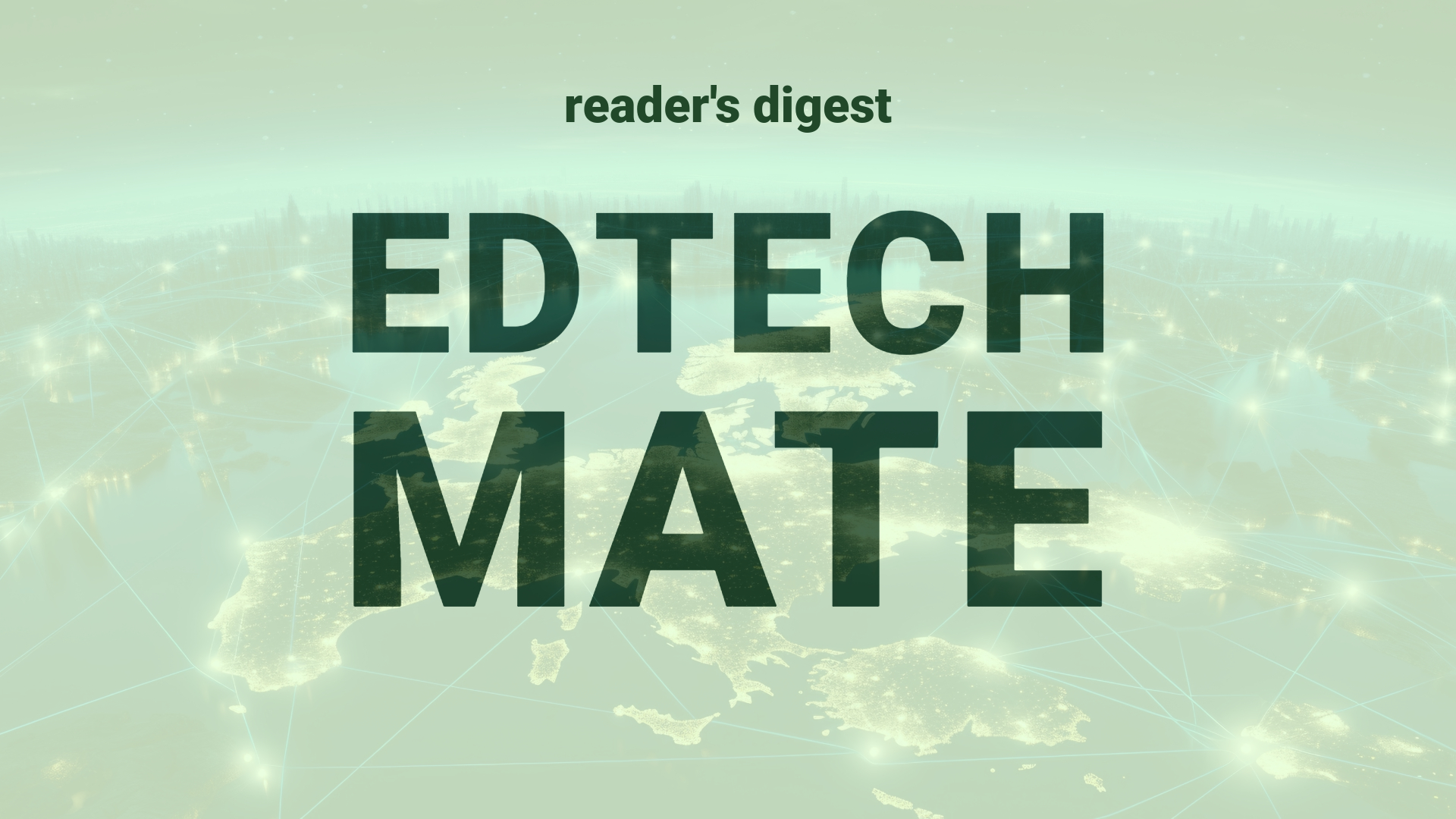Executive Summary and Main Points
IBM’s acquisition of HashiCorp for $6.4 billion signifies a strategic consolidation in the cloud services sector, emphasizing the importance of managing hybrid and multicloud environments. HashiCorp, renowned for its Terraform infrastructure automation tool, will strengthen IBM’s capabilities in Infrastructure Lifecycle Management and Security Lifecycle Management. This move is in line with the industry’s pivot towards AI-driven automation, addressing the complexities introduced by the global upsurge in generative AI. The transaction is a part of IBM’s ongoing investment in hybrid cloud and AI technologies, essential for contemporary enterprise operations.
Potential Impact in the Education Sector
The potential impact of IBM’s HashiCorp acquisition on Further Education, Higher Education, and Micro-credentials is substantial. It could lead to enhanced infrastructure management for educational institutions, enabling them to better support digital learning environments and data-intensive research activities. This acquisition also suggests the potential for strategic partnerships in education with a focus on creating more robust, flexible, and secure multicloud platforms, necessary for modernizing educational IT infrastructure and supporting the proliferation of online learning and micro-credentialing systems.
Potential Applicability in the Education Sector
HashiCorp’s automation tools, integrated within IBM’s cloud solutions, could provide educational institutions with innovative applications for AI and digital tools. They can streamline the deployment and management of learning management systems, research computing platforms, and student information systems across multiple clouds. Additionally, these advancements can support the integration of generative AI technologies in higher education curricula and research, elevating educational methodologies and outcomes.
Criticism and Potential Shortfalls
Critical examination of the IBM-HashiCorp synergy reveals concerns over vendor lock-in and reduced technology neutrality, which could stifle innovation. Comparatively, some educational institutions might struggle with the complexity and costs associated with adopting these hybrid cloud solutions. The ethical implication of AI and data security in a global context, respecting diverse cultural norms and regulatory compliance, also poses a significant challenge. International case studies have exposed disparities in technological adoption and access, highlighting the necessity for equitable and culturally aware deployment strategies.
Actionable Recommendations
For international education leadership seeking to harness these technologies, it’s recommended to undertake thorough evaluations of existing IT infrastructure capabilities and future needs. Leaders should cultivate partnerships that prioritize open standards and avoid single-vendor dependence. Invest in professional development for IT staff to manage new hybrid and multicloud environments effectively. Ethical use policies for AI applications should be established, and cross-border data governance issues should be addressed through collaborative frameworks. Strategic exploration of these advancements can significantly empower educators and learners, paving the way for a more dynamic and resilient global education ecosystem.
Source article: https://www.cio.com/article/2095185/ibm-doubles-down-on-hybrid-cloud-with-6-4b-hashicorp-acquisition.html

